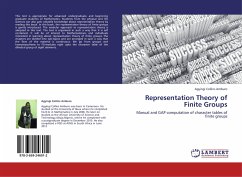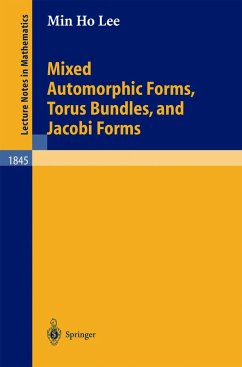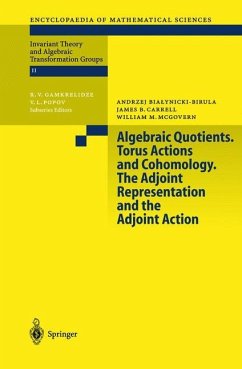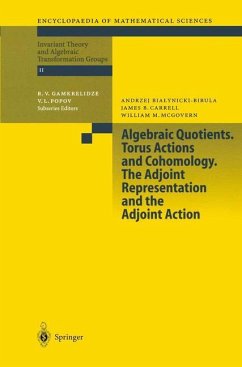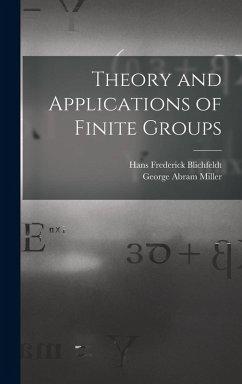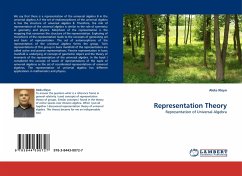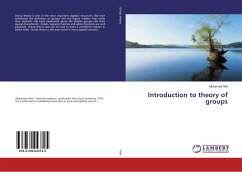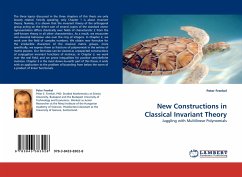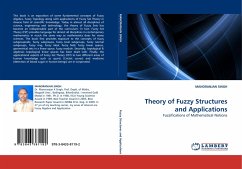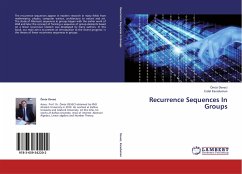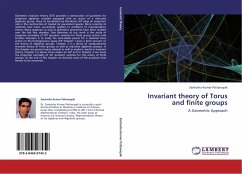
Invariant theory of Torus and finite groups
A Geometric Approach
Versandkostenfrei!
Versandfertig in 6-10 Tagen
39,99 €
inkl. MwSt.

PAYBACK Punkte
20 °P sammeln!
Geometric invariant theory (GIT) provides a construction of quotients for projective algebraic varieties equipped with an action of a reductive algebraic group. Since its foundation by Mumford, GIT plays an important role in the construction of moduli (or parameter) spaces. More recently, its methods have been successfully applied to problems of representation theory. Many algebraic as well as geometric properties have been studied over the last few decades. One direction of our work is the study of projective normality of GIT quotient varieties for finite group actions and another direction i...
Geometric invariant theory (GIT) provides a construction of quotients for projective algebraic varieties equipped with an action of a reductive algebraic group. Since its foundation by Mumford, GIT plays an important role in the construction of moduli (or parameter) spaces. More recently, its methods have been successfully applied to problems of representation theory. Many algebraic as well as geometric properties have been studied over the last few decades. One direction of our work is the study of projective normality of GIT quotient varieties for finite group actions and another direction is to study the semi-stable points for a maximal torus action on the homogeneous space G/P. Chapter 1 gives a brief account of the theory of algebraic groups. Chapter 2 is a survey of computational invariant theory of finite groups as well as reductive algebraic groups. In this chapter we present many classical as well as modern results in invariant theory. Chapter 3 is about torus action on G/P and In Chapter 4 we study the projective normality of GIT quotient varieties for the action of finite groups. At the end of this chapter we describe some of the questions that remain to be answered.



